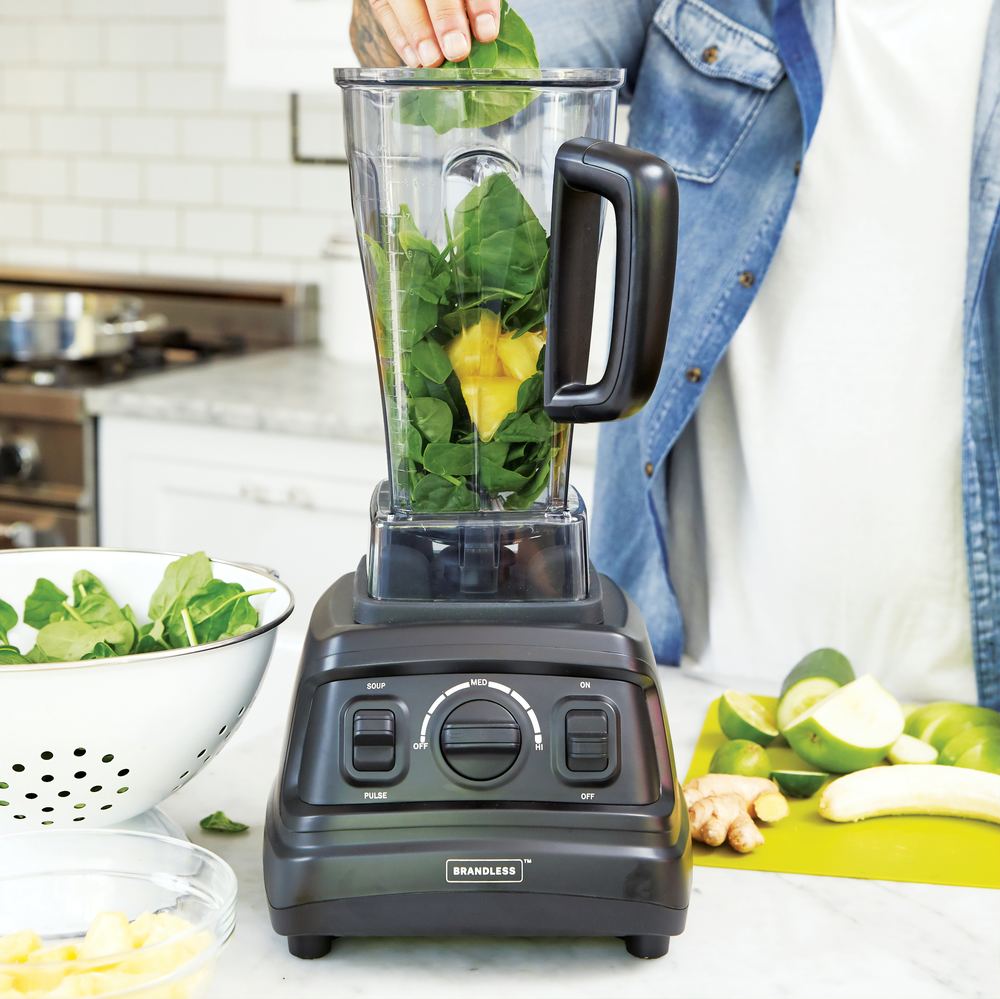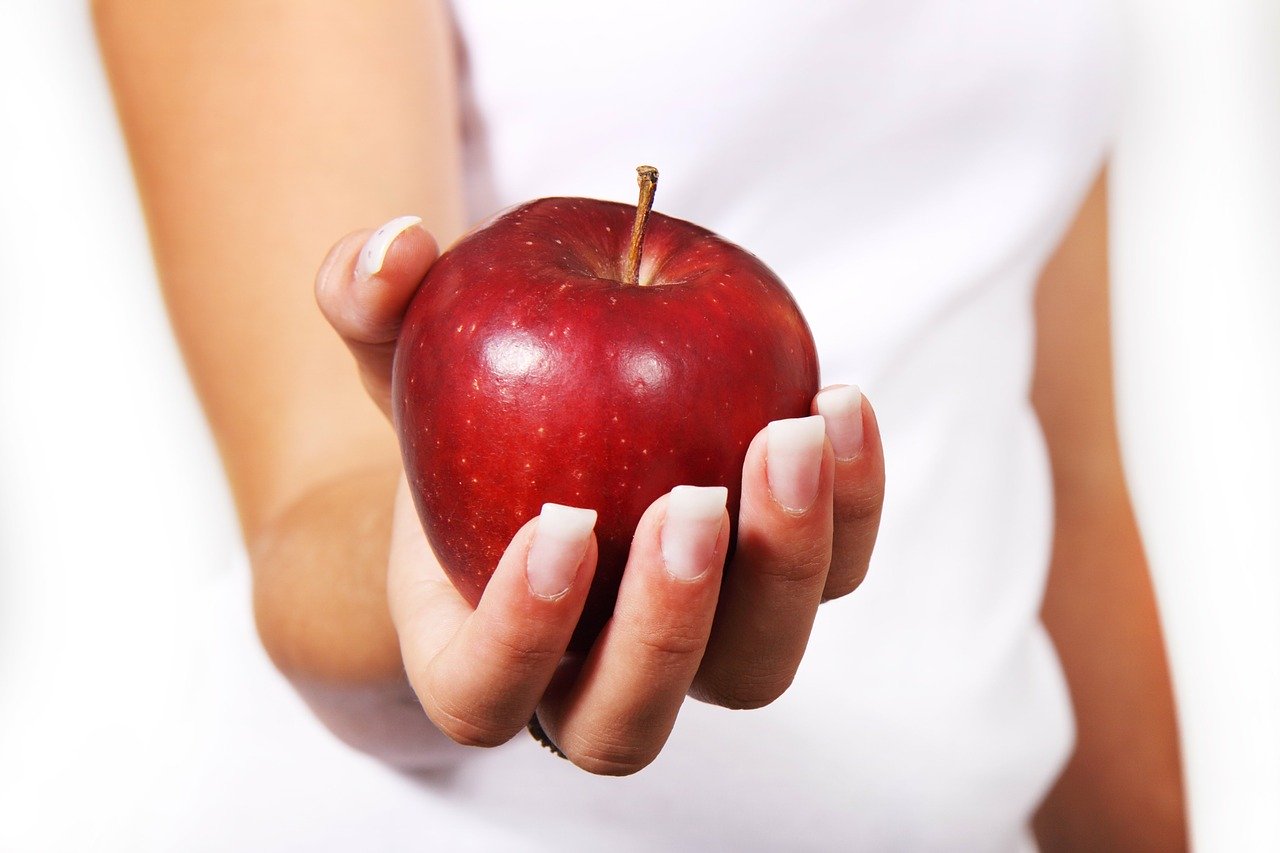Detox | 8 min read
Non-Drug Remedies to Drug Addiction
Medically Reviewed By

On August 31, 2022
Written By
On December 23, 2019

The American Society of Addiction Medicine (ASAM) defines addiction as a treatable chronic disease involving complex interactions among genetics, brain circuits, the environment, and someone’s life experiences. Addicts abuse substances and often engage in compulsive behaviors despite their harmful effects.
Over 23 million Americans aged 12 and above struggle with addiction. Addicts abuse substances such as alcohol, cocaine, prescription medications, and heroin. Some abuse drugs to cope with stress. Others develop the addiction because of influence from those surrounding them or developments like their teenage years.
Intervention is necessary to help an addict to overcome addiction. You need to help addicts when they are a threat to themselves and those around them. Addiction can lead to many emotional, health, and social problems. Overcoming addiction may be necessary to curb these challenges from developing. There are several strategies you can adapt to help an addict. Non-drug treatments allow you to fight the addiction using no medications.
1. Herbs
Plant derivatives and components have been integral ingredients for combating drug abuse for many years. Americans, Indians, and the Chinese have used it as traditional medicine.
Several plants have shown a lot of promise to be natural substances for combating addiction.
- Kudzu. The Chinese have been using this plant to reduce alcohol consumption for nearly a thousand years. A study by Harvard University in 2005 shows that people who take kudzu drink less beer than the participants that did not take it. Kudzu contains puerarin, which boosts the blood flow to the brain, making people satisfied with less drinking.
- Radix Pueraria. This herb has isoflavone daidzin, which inhibits the metabolism of alcohol. As a result, it produces effects similar to those produced by disulfiram. These effects will slow your consumption of alcohol.
- Peyote. Natives of America used this herb to treat alcohol use disorder. It has mescaline, which fights the urge to drink.
- Thunbergia laurifolia. This herb can protect an addict from alcohol liver toxicity.
- Withania somniferous. Studies using animal models show that this herb can decrease morphine tolerance.
- Salvia miltiorrhiza. Research using animal models shows that this herb can lower alcohol intake.
Despite their benefits, these herbs may cause dangerous side effects. You should consult your doctor before you use them to curb their impacts.
2. Diet
Natural medicine experts feel hypoglycemia is a crucial part of alcohol use disorder. Alcohol and other drugs damage your body organs and alter your nutritional status. As a result, many alcohol addicts are malnourished.
Recovering addicts need a balanced diet that provides the essential nutrients to repair the damage to body organs. The food also gives them the energy they need to resist the urge to abuse drugs.
Intakes of small amounts of balanced meals throughout the day are advisable. Addicts should ensure that their diets have foodstuffs such as fresh fruits, lean animal protein, nuts, whole grains, and vegetables. Alcoholics must pay attention to these foods and consume them regularly. They are replacements for the alcohol they drank to fill their stomachs. The food will also stabilize their glucose levels.
Insomnia is a common withdrawal symptom of many substances. You can consume a snack of chicken or turkey to help you sleep. They are a source of sleep facilitator tryptophan and serotonin precursor, which help you rest.
If you develop hypoglycemia, do not rush and take a candy bar. Instead, you should look for natural foods that stabilize your blood sugar level. Foodstuffs that are a source of refined sugar can increase your blood sugar significantly for a short period. It would be best to avoid caffeinated beverages as they can trigger an urge to use the substance you are ceasing to use. Cross-addiction can occur when addicts of other drugs use alcoholic drinks to combat their substance abuse.
3. Behavioral Counseling
Behavioral counseling is a natural treatment that involves addicts working with professionals to know and change the behaviors that lead to substance abuse. The expert examines the lives of addicts and comes up with the right treatment plan to cope with or avoid triggers, change their attitudes toward drugs, and improve their health.
There Are Two Approaches to Behavioral Treatment That the Addict Can Try.
a. Outpatient Behavioral Counseling
This technique involves the addict visiting the expert at their premises per the agreed timeframe. The patient can see the expert alone or as part of a group of people undergoing similar challenges. Experts offer outpatient behavioral treatment in the following forms:
- Motivational Incentives Use Rewards to Encourage Abstinence from Drugs. The recovering addict receives positive reinforcement for every milestone achieved. This reward makes them look forward to the next significant step to get the subsequent prize.
- Motivational Interviewing lasts a short time. It seeks to build motivation to alter the pattern of drug abuse. The participants identify the potential benefits and disadvantages of overcoming addiction. They also develop a program for recovery and strategies to ensure that the recovering addict follows it.
- Multidimensional Family Therapy involves the members of the family and the addict. It seeks to deal with the problem as a unit. This treatment comprises solving problems that drug abuse causes. It also strives to find the right framework to support recovery from addiction.
- Cognitive Behavioral Therapy occurs between the therapist and an individual or small group. It identifies the situations and feelings that lead to drug abuse. The treatment seeks to change how you cope with these triggers.
b. Residential Behavioral Treatment
This approach entails the addict gaining admission to a facility to receive treatment for a specific period. It is convenient for patients with severe substance use disorders. The experts can counsel the patients while monitoring their progress.
Patients need to complete intensive treatment plans before the facilities release them.
How Are Behavioral Therapies Used to Treat Drug Addiction?
Behavioral therapy is an excellent technique for fighting addiction. Addicts share their experiences with experts. The professionals note their stories and come up with a plan that helps them overcome their addiction. The program covers the following aspects.
- The Treatment Changes the Attitude of Addicts Towards Drug Use. They highlight the reasons for addiction and its consequences for addicts and those around them. This revelation may help them stop using drugs.
- It Improves Your Health. The therapists inform patients of ways to improve their fitness and things to avoid.
- Acceptance of Treatment Plans. Experts guide recovering addicts in following their recovery strategies. They inform them about the challenges they may face and the consequences if they do not overcome them. Awareness makes them more open to their recovery.
4. Nutritional Supplements
Addiction affects how your body organs function. Addicts do not take care of themselves, and the substances they abuse may have dangerous components that affect their bodies. Drugs affect the functioning of body organs such as the liver, kidney, and heart.
These body parts are critical to your well-being. Altering their functioning can lead to severe consequences such as life-threatening illnesses.
Experts Advise Addicts to Ingest the Following Supplements While Recovering:
- Vitamin B Complex Boosts Your Digestion System. This improvement helps your body to metabolize and absorb the nutrients you consume. Pyridoxine (B6) helps with insomnia and anxiety. Thiamine (B1) helps with thinking and remembering things.
- Minerals Help With a Mineral Deficiency That One Is Likely to Develop Due to Addiction. Magnesium and calcium reduce irritability and improve bone health, nerve function, and muscle system. Addicts need zinc to enhance their immune system, brain functioning, and liver. Selenium, iron, and potassium have benefits for addicts.
- Omega-3 Provides Essential Nutrients Your Body May Lack because of your addiction and poor diet. Omega-3 may also combat depression, anxiety, irritability, and inflammation.
- Amino Acids Transport and Store the Nutrients You Consume. Specific amino acids have been critical in helping addicts of various substances. L-glutamine helps alcohol addicts, while D-phenylalanine helps addicts of heroin, alcohol, marijuana, and tobacco.
5. Acupuncture
Acupuncture is a treatment technique that has existed for many years. The Chinese inserted needles into their skin to combat cravings and withdrawal symptoms. The piercing restores the balance of the body. Studies show that acupuncture can combat drug addiction and withdrawal symptoms like pain among addicts.
Further studies are necessary to understand acupuncture well. Acupuncturists urge addicts to try it under the guidance of a licensed professional. It would help if you did not attempt it alone.
6. Yoga
Yoga has many benefits that recovering addicts need in their difficult journey. Drug dependence can make the addict feel like they are not in control. Yoga helps you relax and makes you feel responsible for your actions.
It may also help reduce stress and increase fitness as you stop abusing drugs. Moreover, you can do it with no problem or expense. Simple videos on YouTube may guide you, or you can hire an expert to instruct you. You may also attend yoga classes or use mobile apps to learn different yoga positions.
You Can Get Help from Ascendant New York Drug and Alcohol Detox
Ascendant New York is a fully licensed medical detox facility in the heart of Manhattan that offers drug and alcohol addiction treatment. Ascendant New York offers many treatment options depending on the severity of each case. Residential or inpatient treatment involves the patient checking into a licensed detox facility for a period. This approach is advisable for patients with severe addictions. Ascendant New York Drug and Alcohol Detox has been licensed to provide safe and tailored 24-hour care that ensures a smooth recovery.
We have programs that last between 28 days to six months. The licensed professionals use their vast knowledge and experience to have a safe withdrawal and prepare the patient for the challenging life after discharge.
Outpatient behavioral treatment comprises part-time programs, convenient for employees and students. They involve occasional visits to Ascendant New York Drug and Alcohol Detox. The total time a patient spends in the detox center is often between 10 to 12 hours.
Sessions educate patients on drug abuse, counsel them, and teach them ways of coping with the urge to abuse drugs. Outpatient behavioral counseling is appropriate for people with mild addictions. It does not interfere with your routine and is often cheaper. However, it has a low success rate compared to residential treatment.
Addiction is a Treatable Disease
Addicts need to remember that they can overcome their addiction. Their dependence on drugs does not show that they are weak. About 23 million Americans are struggling with a drug addiction; you are not alone. You can overcome your substance use disorder by using these techniques. Recovery is difficult, but you can overcome your substance abuse with the right mentality, approach, and support.
Final Word
Drug addiction is a problem that affects many Americans. Unfortunately, the menace has consequences that affect addicts and those around them. The silver lining is that you can overcome your dependence on drugs. It is a demanding process, but these non-drug remedies work.
Your diet and behavioral counseling are crucial to your recovery. Behavioral therapy changes your perception of drugs. A balanced diet gives you the strength and the nutrients you need to cope with the urge to use drugs. Yoga and acupuncture are also excellent alternatives to dealing with your addiction.
You can seek help from professionals at Ascendant New York Drug and Alcohol Detox. Residential treatment means you get help while admitted to the detox center. This approach allows you to leverage the 24/7 care they offer.
Outpatient treatment involves getting occasional help from Ascendant New York Drug and Alcohol Detox as you continue your life. Drug abuse is a disease you can overcome, but with rehab in New York by Ascendant, there is always hope.
Contact Ascendant New York Drug and Alcohol Detox and begin your recovery journey.
Was this article helpful? Follow our blog for more information about addiction, substance use, and how to get help. Recent posts include topics such as how to get help for alcohol addiction and drug facts for teens.
Ascendant New York Editorial Guidelines
Here at Ascendant New York, we understand the importance of having access to accurate medical information you can trust, especially when you or a loved one is suffering from addiction. Find out more on our policy.
- Lipari RN, Van Horn SL. Trends in Substance Use Disorders Among Adults Aged 18 or Older. Published June 29, 2017. Accessed August 31, 2022. https://www.samhsa.gov/data/sites/default/files/report_2790/ShortReport-2790.html
- Cromie WJ. Kudzu cuts alcohol consumption. Harvard Gazette. Published May 19, 2005. Accessed August 31, 2022. https://news.harvard.edu/gazette/story/2005/05/kudzu-cuts-alcohol-consumption/
- Lee MY, Lee BH, Kim HY, Yang CH. Bidirectional role of acupuncture in the treatment of drug addiction. Neurosci Biobehav Rev. 2021;126:382-397. doi:10.1016/j.neubiorev.2021.04.004
- National Institutes of Health. 10 percent of US adults have drug use disorder at some point in their lives. National Institutes of Health (NIH). Published November 18, 2015. Accessed August 31, 2022. https://www.nih.gov/news-events/news-releases/10-percent-us-adults-have-drug-use-disorder-some-point-their-lives





